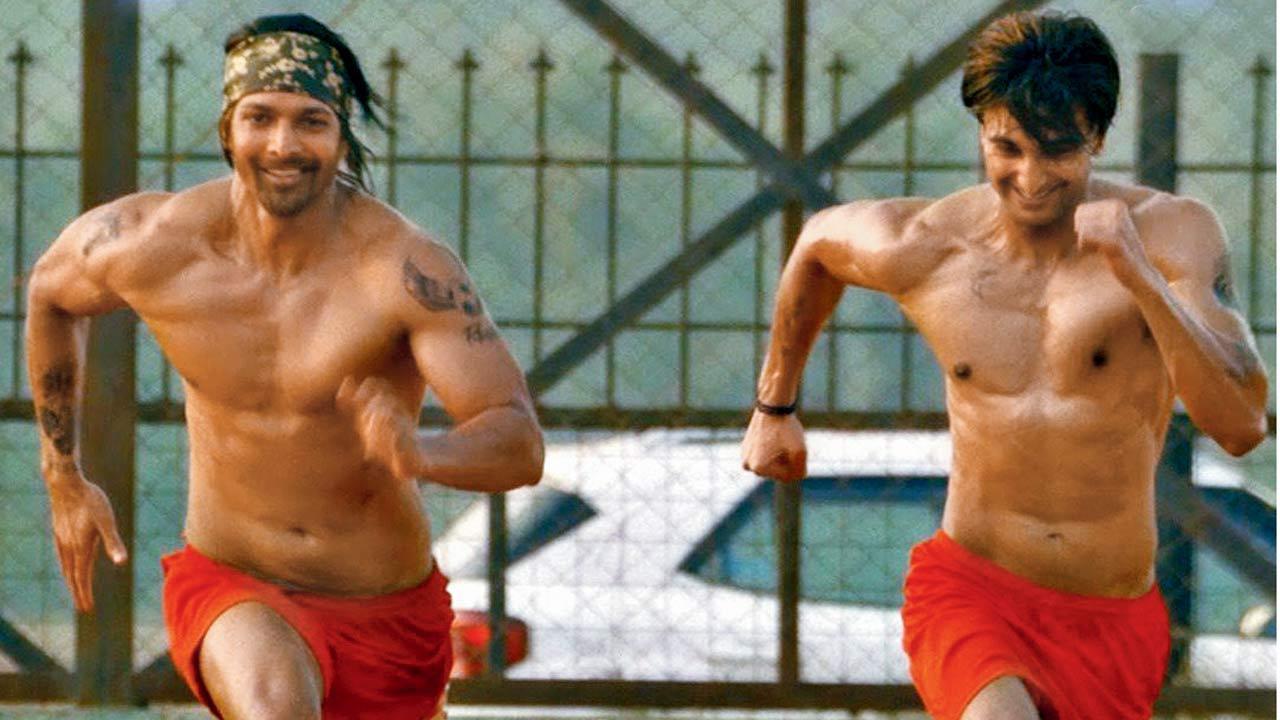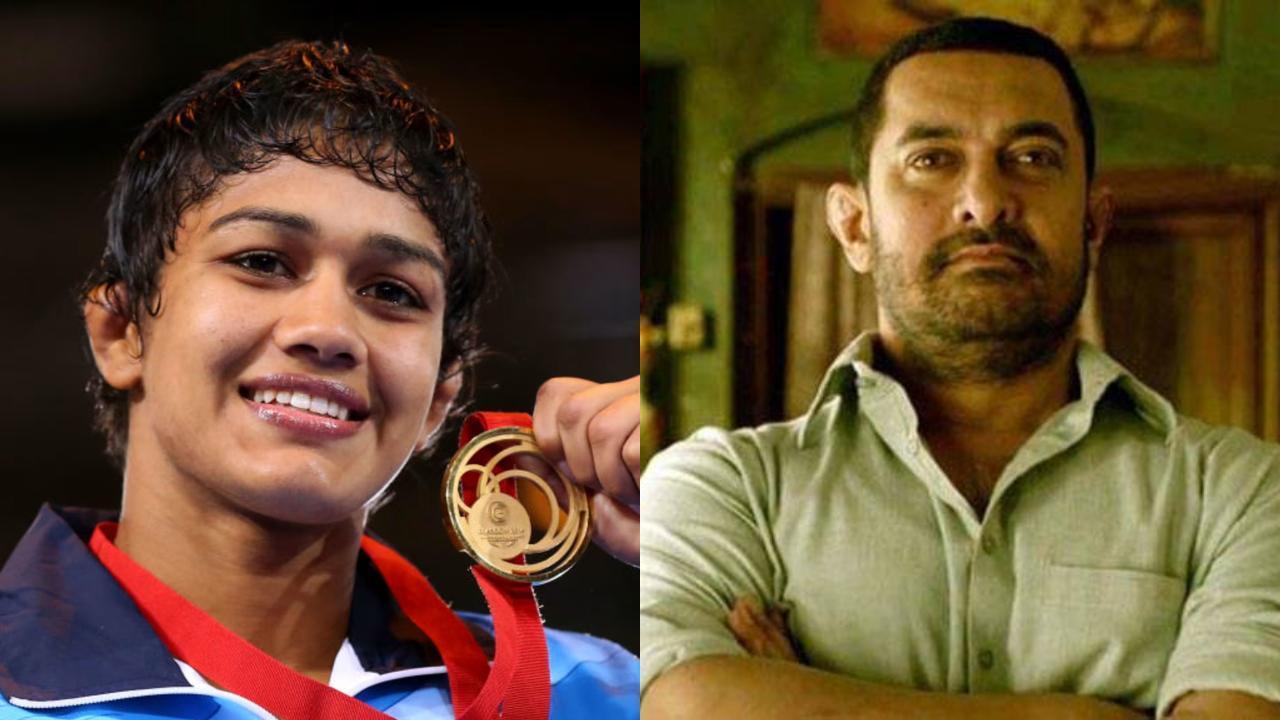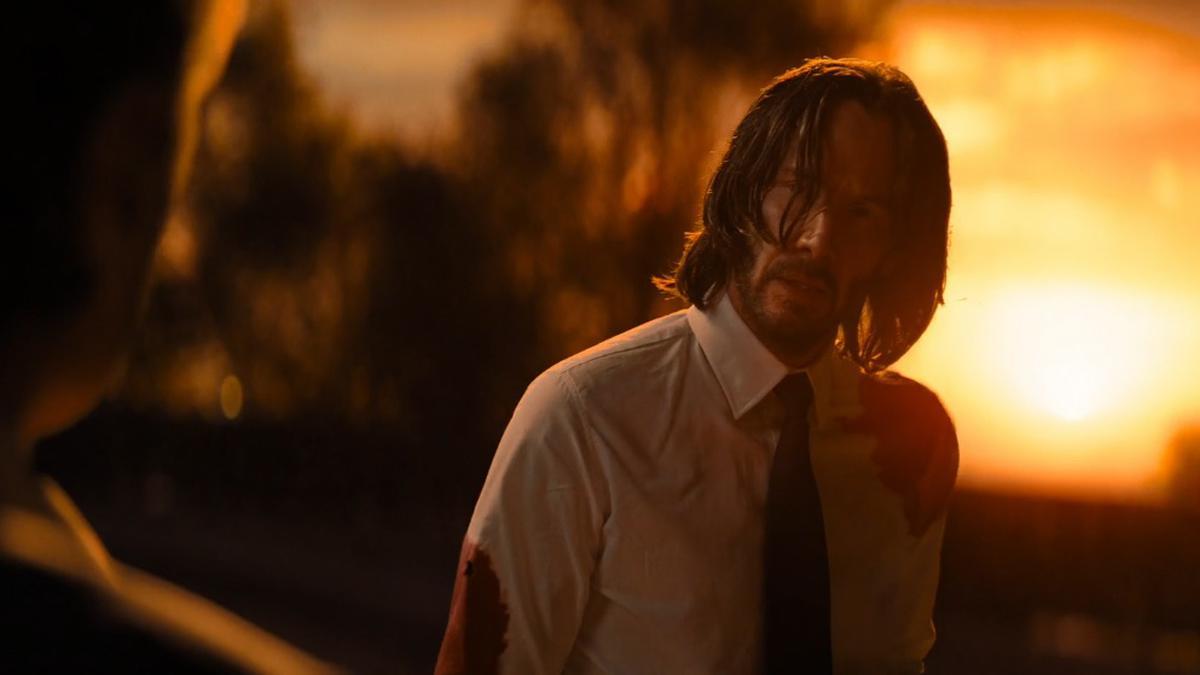
Accomplished filmmaker Sanjay Gupta is navigating the multifaceted challenges of the entertainment industry while preparing for the release of his new movie, The Miranda Brothers. With notable actors Harshvardhan Rane and Meezaan Jafri headlining the film, Gupta sheds light on the complex interplay between storytelling and the pervasive influence of star power in moviemaking today.
Recognized for his hard-hitting narratives that often explore the gritty realities of the Bombay underworld, Sanjay Gupta’s latest creative endeavor marks a significant departure from his usual thematic focus. The Miranda Brothers is a compelling sports drama centered around football. This film is set to premiere on JioCinema, marking Gupta’s foray into the burgeoning domain of OTT platforms, which he believes cannot be overlooked in the current era of digital consumption.
The filmmaker’s journey in crafting The Miranda Brothers wasn’t straightforward. He had to confront and conquer the prevalent industry bias favoring celebrities over stories. “Creating a film like this is not a simple task,” Gupta explains. “I initiated my digital wing as we cannot disregard the OTT revolution.” For the casting of the film, Gupta required talent proficient in football. Opting for Harshvardhan Rane and Meezaan Jafri, Gupta found actors who fit the roles perfectly without the weight of mainstream stardom that might have delayed production.
Sanjay Gupta’s insights shed light on the industry’s cautious approach to OTT content. “If I approached actors like Varun Dhawan or Sidharth Malhotra, it would mean a year-long wait. At that time, no major star was keen on a direct-to-OTT project, and that hasn’t drastically changed even now,” Gupta notes, underscoring the industry’s hesitation. Reflecting on the filming experience, particularly in Goa with a lean crew, Gupta states, “You don’t need to rely on a massive crew to create meaningful cinema. It doesn’t always have to revolve around mega-stars.”
However, while making an unconventional sports drama, Gupta continues to grapple with the genre that brought him prominence.
. His venture into crime stories, prominently epitomized by films like the Shootout series and Mumbai Saga, faces unique hurdles in today’s socio-political climate. Citing a distressing resurgence of underworld activities exemplified by incidents like Baba Siddique’s murder, Gupta contends that accurately portraying these times in cinema is nearly impossible. “These realities can’t be captured on film because of the state’s overarching control—even over crime. Take, for instance, Lawrence Bishnoi’s videos from Sabarmati jail,” he remarks, highlighting the prevailing law and order challenges. Consequently, as Gupta and colleague Ektaa R Kapoor plot the third installment in the Shootout series, they have opted to locate the narrative outside the familiar landscapes of Mumbai.
Gupta’s observations extend beyond the underworld genre, encompassing the filmmaker’s broader creative ethos. He candidly talks about the pervasive limitations imposed by legal scrutiny and platform directives that preemptively censor content, leading to self-imposed restraint among directors. “Filmmakers today operate under an atmosphere rife with fear. You can no longer narrate stories with reckless abandon,” asserts Gupta. His forthcoming project, based on a significant event that unfolded in Mumbai, requires caution. “We’re altering names in my next show because you can’t name names anymore,” Gupta laments.
The director’s reflections also unveil his concerns for emerging filmmakers faced with similar challenges. Gupta acknowledges that while new-age directors possess unique voices, expressing these concepts remains difficult in today’s restricted environment. The filmmaker sees the initial promise of creative freedom on OTT platforms dissipating due to mounting censorship pressures. “It feels as if the filmmaker’s autonomy has been usurped,” Gupta concludes.
In this dynamic landscape, Sanjay Gupta’s evolution from narratives focused on Mumbai’s underworld to sports dramas, coupled with his candid acknowledgment of industry’s current restraints, underscores an ongoing transformation. His reflections offer a window into the challenges and adaptations required of filmmakers striving to navigate the complexities of creativity and control within today’s cinematic world.










